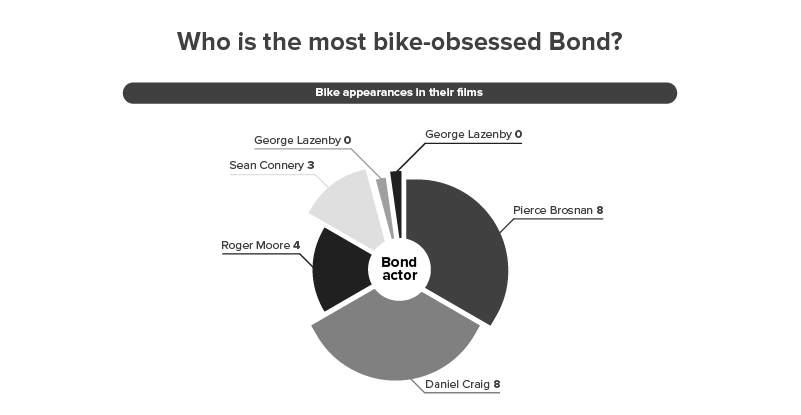Last Updated on: 22nd November 2023, 12:18 pm
In a landscape of skyrocketing inflation, investors have witnessed a precipitous decline in their asset values. The recent past saw retirees facing a staggering $3 trillion loss as economic uncertainties and geopolitical tensions triggered a stock market plunge. This climate underscores the renewed emphasis on portfolio diversification to safeguard against risks and optimize returns, thereby preserving nest eggs. Traditionally, the intricate task of portfolio diversification has rested upon the shoulders of human traders, whose quantitative prowess was unparalleled. However, as the era of Chat GPT dawns, Wall Street is leveraging Artificial Intelligence (AI) to propel clients towards optimal states with unprecedented efficiency.
This discourse delves into the facets that grant Quantum AI algorithms a competitive edge in the realm of diversification and examines their transformative influence on the investment panorama.
Impartial Decision-Making
Perhaps the most substantial boon that AI algorithms offer over human traders is their innate impartiality. Human traders are often ensnared by behavioral biases like overconfidence, loss aversion, apprehension, fear, anxiety, and the sway of herd mentality. These pitfalls yield suboptimal decisions and history brims with instances of rogue traders inflicting substantial losses upon their organizations. A prime example is the case of Jerome Kerviel, who orchestrated a staggering $6.9 billion loss during his tenure at Societe Generale from 2006 to 2008.
In stark contrast, AI algorithms dissect data devoid of emotion. This detachment empowers them to spot diversification prospects across a gamut of asset classes, thereby fostering portfolios that are well-rounded and balanced. Operating based on predefined rules, these algorithms remain impervious to emotional disruptions, enabling a steadfast adherence to diversification strategies while sidestepping impulsive maneuvers that could undermine portfolio performance.
Unmatched Processing Velocity
Financial markets thrive on unrelenting competition, where fortunes alter in mere moments. The entities that capitalize on real-time market data fluctuations reap the rewards of alpha returns. It’s this reality that propels numerous hedge funds to integrate AI algorithms into their arsenal. Even the most adept human, equipped with mathematical genius, encounters limitations when parsing intricate asset relationships.
AI algorithms, on the other hand, possess the ability to scrutinize colossal volumes of data in real time, unburdened by the need for respite, refreshment, or rest. This agility allows them to swiftly apprehend market trends, historical patterns, and macroeconomic variables, facilitating instantaneous decisions that diversify portfolios and seize nascent opportunities more adeptly than human counterparts. By synthesizing insights from financial statements, economic indicators, news sentiment, and social media, these algorithms uncover concealed correlations and patterns, engendering portfolios that are richer and more robust.
Adaptive Learning
AI algorithms are inherently endowed with the capacity for perpetual and swift adaptation. In a world of volatile market conditions, these algorithms can evolve and recalibrate their diversification approaches accordingly. Quantum computing breakthroughs have accelerated this pace even further. Deep learning techniques empower them to refine strategies based on historical performance and real-time feedback.
This adaptability engenders portfolios that remain optimized and resilient, even when grappling with uncertain and testing market dynamics. AI algorithms undergo extensive backtesting using historical data to gauge performance under diverse economic scenarios. They subsequently undergo forward testing to validate their efficacy within live market environments. This meticulous approach bolsters the reliability and credibility of AI-driven diversification strategies.
Real-Time Risk Surveillance
As previously alluded to, AI algorithms perpetually monitor market conditions and portfolio performance in real time, unaffected by the need for breaks or pauses. They promptly discern deviations and anomalies from anticipated outcomes, prompting them to trigger risk management mechanisms that insulate portfolios from potential contagions that can spread with alarming speed. This real-time risk oversight empowers AI algorithms to adapt swiftly to fluid market dynamics and circumvent crises akin to the events of the 2008 crash.
Mitigating Overfitting
Human traders are susceptible to the inadvertent trap of overfitting, whereby strategies are finetuned based on historical performance. For instance, a trader who had encountered success with real estate but suffered losses in the stock market might channel maximum investments into real estate. This approach disregards opportunities and leaves traders vulnerable when a black swan event, like a pandemic, transpires.
AI algorithms employ sophisticated statistical methods to minimize overfitting, ensuring diversification strategies align with myriad market scenarios. These algorithms consistently exhibit adeptness at scaling and analyzing portfolios without incurring excessive costs. Their computational prowess seamlessly adapts to analyze and serve a broad spectrum of portfolios, effectively offering diversification benefits to a wider array of investors.
Reduced Transaction Expenditure
Portfolio diversification entails frequent asset transactions, potentially incurring substantial costs for human traders. Quantum AI trading algorithms streamline portfolio diversification with minimal transactional expenses. Institutions that capitalize on algorithmic trading execute trades with precision, thus curbing overall expenses and amplifying investor returns.
Optimizing portfolios empowers investors to curtail risk exposure while augmenting risk-adjusted returns. As a rising number of individuals seek avenues of passive income to counteract inflation’s effects, the integration of AI for portfolio diversification is poised for expansion. It’s crucial, however, to maintain a degree of human oversight to ensure investor capital remains immune to programming glitches or other unforeseen factors.
About the Author
This article was authored by Jacob S., a Quant Wizard affiliated with Quantum AI App. To explore his work, visit the official Quantum AI website.




